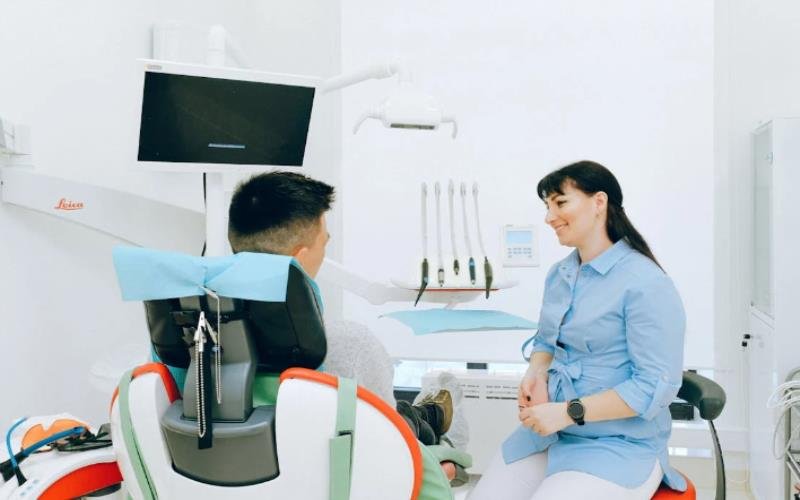Nutrition plays a critical role in individuals’ overall health and well-being, and its importance is magnified during addiction recovery. Proper nutrition can help restore physical health, support mental well-being, and enhance the effectiveness of treatment programs. We will explore how nutrition impacts addiction recovery and how recovery centers such as Rubicon Recovery Center can integrate nutritional support into their programs to aid individuals on their path to sobriety.
Restoring Physical Health
Addressing Nutritional Deficiencies
Many individuals entering addiction recovery are often malnourished due to poor eating habits and the physiological effects of substance abuse. Alcohol and drug addiction can lead to significant deficiencies in essential vitamins and minerals, such as vitamin B, vitamin C, calcium, and magnesium. Addressing these deficiencies is crucial for restoring physical health and strengthening the body’s healing ability. Recovery centers that prioritize nutritional assessments and tailored dietary plans can help individuals regain their strength and vitality more effectively.
Supporting Detoxification
The detoxification process can be physically taxing as the body works to eliminate harmful substances. Proper nutrition supports this process by providing the necessary nutrients for detoxification and repair. For example, antioxidants found in fruits and vegetables help neutralize toxins, while proteins repair damaged tissues. Hydration is equally important, as water assists in flushing out toxins. A balanced diet rich in these nutrients can ease the detoxification process and reduce withdrawal symptoms, making the initial stages of recovery more manageable.
Enhancing Mental Well-Being
Stabilizing Mood and Mental Health
Substance abuse often disrupts the balance of neurotransmitters in the brain, leading to mood swings, anxiety, depression, and other mental health issues. Nutrition plays a pivotal role in stabilizing mood and supporting mental health. Foods rich in omega-3 fatty acids, such as fish and flaxseeds, have been shown to improve brain function and reduce symptoms of depression. Additionally, complex carbohydrates in whole grains and legumes help stabilize blood sugar levels, preventing mood fluctuations. Recovery centers incorporating nutrition education and healthy meal plans can provide a foundation for better mental health outcomes.
Reducing Cravings
Nutrient-dense foods can help reduce cravings for drugs and alcohol. Certain nutrients, like amino acids, are precursors to neurotransmitters such as dopamine and serotonin, which are often depleted during addiction. By replenishing these nutrients through a balanced diet, individuals can experience reduced cravings and a more stable mood. For instance, foods high in tyrosine, such as chicken, turkey, and soy products, can support dopamine production, which is associated with pleasure and reward. Proper nutrition can thus play a significant role in minimizing relapse triggers and promoting long-term recovery.
Promoting Long-Term Recovery
Establishing Healthy Eating Habits
One goal of addiction recovery is to establish healthy habits that support long-term sobriety. Incorporating nutritional education into recovery programs helps individuals understand the importance of a balanced diet and how to make healthy food choices. Recovery centers can offer cooking classes, meal planning workshops, and nutritional counseling to empower individuals with the knowledge and skills to maintain healthy eating habits post-recovery. These habits can improve overall health, prevent relapse, and contribute to a sustained recovery journey.
Improving Overall Quality of Life
Good nutrition improves overall quality of life, which is essential for successful recovery. When individuals feel physically strong, mentally stable, and emotionally balanced, they are more likely to engage positively with their recovery program and build a fulfilling, sober life. Proper nutrition supports this by enhancing energy levels, improving sleep quality, and boosting the immune system. Recovery centers that integrate comprehensive nutritional support into their programs can help individuals build a solid foundation for a healthier, happier life beyond addiction.
Implementing Nutritional Programs in Recovery Centers
Comprehensive Nutritional Assessments
Implementing nutritional programs in recovery centers begins with comprehensive assessments of each individual’s dietary needs and deficiencies. These assessments can include blood tests, dietary surveys, and consultations with nutritionists or dietitians. Understanding the specific nutritional needs of each individual allows for personalized dietary plans that address deficiencies, support detoxification, and promote overall health.
Personalized Dietary Plans
Based on the assessments, personalized dietary plans can be developed to meet the unique needs of each individual in recovery. These plans should focus on nutrient-dense foods that support physical and mental health, such as lean proteins, whole grains, fruits, vegetables, and healthy fats. Recovery centers can collaborate with nutritionists to create meal plans that are both nutritious and enjoyable, ensuring that individuals receive the necessary nutrients while also enjoying their food.
Nutritional Education and Counseling
Educational programs and counseling are essential components of nutritional support in addiction recovery. Recovery centers can offer workshops and classes that teach individuals about the importance of nutrition, how to read food labels, plan balanced meals, and make healthy food choices. One-on-one counseling sessions with nutritionists can provide tailored advice and support, helping individuals overcome challenges and develop sustainable, healthy eating habits.
Conclusion
Nutrition plays a vital role in addiction recovery, offering numerous benefits that support physical health, mental well-being, and long-term sobriety. By addressing nutritional deficiencies, supporting detoxification, stabilizing mood, reducing cravings, and promoting healthy eating habits, recovery centers can significantly enhance the effectiveness of their treatment programs. Integrating comprehensive nutritional support, personalized dietary plans, and educational initiatives can empower individuals to rebuild their lives with a strong foundation of health and well-being. Understanding the impact of nutrition on recovery can guide recovery centers and individuals toward more successful and sustainable outcomes.



